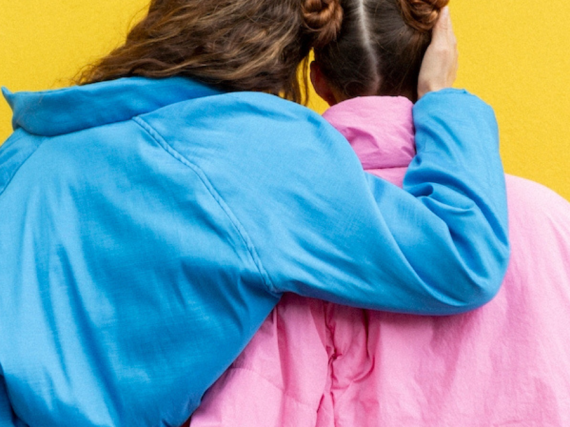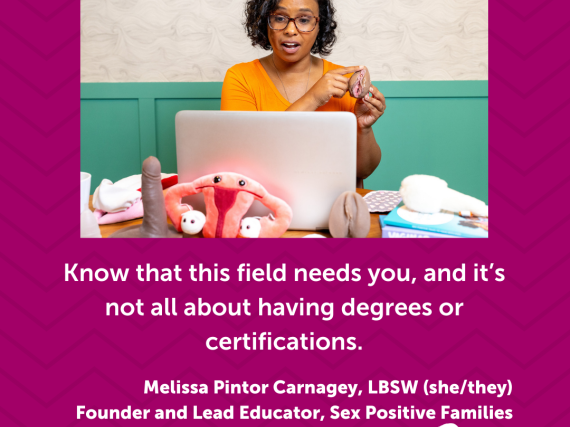Understanding the Intersection of Reproductive and Queer Rights
Though we may think of reproductive health as getting a pap smear or an ultrasound, it covers a wide variety of services and applies to all cisgender, transgender, agender, genderqueer, and genderfluid people. True reproductive care is any health care—physical, mental, or social— that allows people to make informed, safe, and responsible decisions around their reproductive systems.
As we celebrate Pride Month it’s important to focus on the unique barriers faced by the LGBT community. Currently, only 13 states prohibit health insurance discrimination based on sexual orientation or gender identity. Sadly, a full 10 states ban transition-related health care for transgender patients who have insurance through Medicaid. And these laws only tell of a part of queer people’s struggle to receive comprehensive, unbiased health care.
In 2018, the Center for American Progress released results from a survey of lesbian, gay, bisexual, and queer identifying patients which said that in the last year:
- 8% encountered a provider who refused to see them
- 6% were refused care by a provider
- 7% had a provider who would not recognize their family
- 9% heard harsh or abusive language from a provider treating them
- 7% experienced unwanted physical contact from a provider
The answers of transgender patients to the same questions show a larger problem:
- 29% encountered a provider who refused to see them
- 12% were refused care by a provider
- 23% had a provider who would not recognize their family
- 21% heard harsh or abusive language from a provider treating them
- 29% experienced unwanted physical contact from a provider
Other studies have shown that lesbian young women are two to 10 times more likely to become pregnant than heterosexual women and lesbian and bisexual women are often at higher risk of sexual assault due in part to their sexual orientation. Research also shows that sex education programs are failing LGBT youth.
We support Sex Ed for All, an initiative to help young people in marginalized populations such as queer youth (as well as communities of color, immigrants, and others) gain access to quality sexual health information and services, and the sense of agency and opportunity necessary to determine and act upon what is best for them. We know that deep systems inequities stand between the current reality and our goals of ensuring equality of information, access, and agency.
If a person has a bad experience at the doctor it’s natural for them to not want to put themselves in that position again. But not seeking care puts queer people’s health at a greater risk. LGBT individuals can contract STIs, have an unplanned pregnancy, or experience reproductive-based disease like ovarian or prostate cancer. All of these factors make it imperative queer people, and especially young people who identify as a gender or sexual minority, receive inclusive and comprehensive reproductive health.



